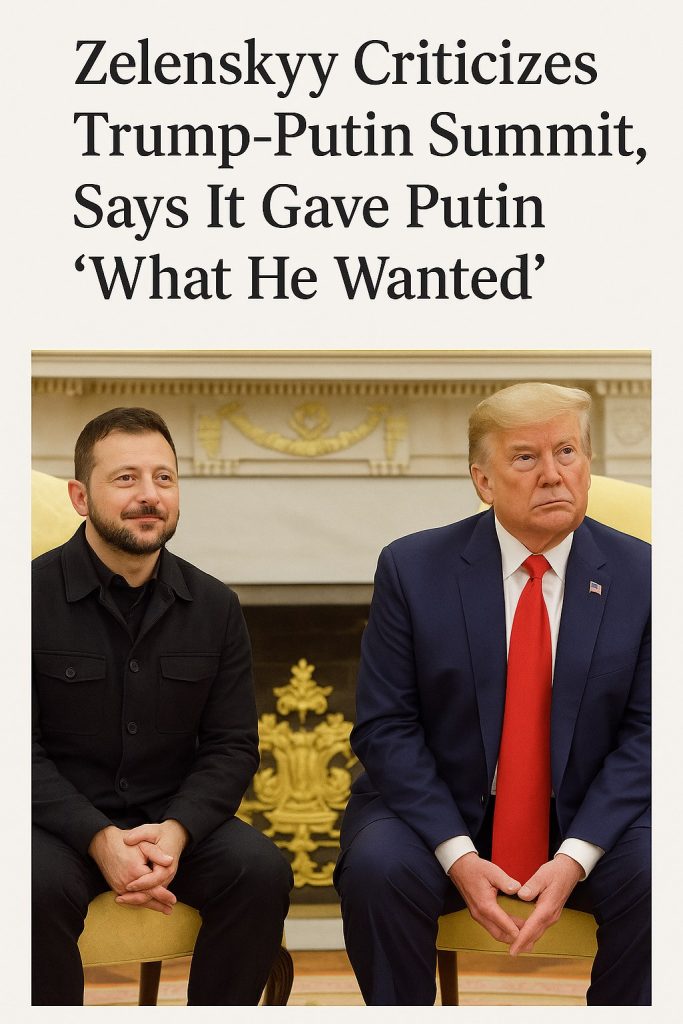In a recent exploration of political tactics and legal ramifications, the discussion centers on the implications of Donald Trump facing an increasing number of losses in court and how the concept of “pocket rescissions” may play a pivotal role in upcoming budgetary debates. The conversation, led by political commentator Belle, serves to highlight how issues that may seem trivial or obscure could ultimately carry significant weight in the context of the upcoming fiscal year.
“Pocket rescissions,” a term that may not resonate with many, refers to instances where a president seeks to unilaterally withhold budgeted funds appropriated by Congress. These discussions gain prominence as debates surrounding government funding escalate, especially with a looming potential for government shutdowns. Recent legal decisions have reignited scrutiny over the Trump administration’s historical practices, particularly a ruling that deemed the use of pocket rescissions illegal.
The ruling mandated that the Trump administration fulfill its obligations by spending the funds allocated by Congress, stressing the constitutional principle that Congress holds the power over budgetary allocations. When it comes to the spending of taxpayer dollars, the president’s role is largely seen as a facilitator of Congress’s directives rather than a decision-maker. “Congress controls the money,” Belle emphasizes, reminding viewers of the foundational structures outlined in the U.S. Constitution.
In this discussion, Belle also references the Empowerment Control Act, a law designed to regulate the president’s ability to withhold funds. This legislation has set strict guidelines regarding communications with Congress about financial appropriations, underscoring the Republican former president’s struggles with adherence to Senate and House directives. The condemnation from judges regarding Trump’s approach indicates a clear judicial pushback against perceived overreach in the executive’s budgetary authority.
Moreover, Belle draws parallels to past instances, such as the “Bird Rule,” which was instrumental in mitigating potentially harmful elements of Trump’s major legislative initiatives. The ultimate impact of these legal challenges and discussions around pocket rescissions serves to disassemble some of the façade surrounding Trump’s policy maneuvers. The backlash against executive overreach, whether in allocating funds or shifting legislative appropriations, signals to the public that strict adherence to constitutional mandates remains critical.
As budget discussions heat up on Capitol Hill, observers will closely watch how these legal interpretations of appropriation laws will shape policy proposals as well as facilitate or hinder political negotiations. The risk of a government shutdown becomes ever more tangible when the ability to fund federal agencies rests upon legal interpretations and potential conflicts between the branches of government.
Ultimately, this presents a crucial moment for the future of political operations in the United States. As Trump continues to navigate legal hurdles, questions about the budget process and where power truly lies in governmental financial decisions come to the forefront. The implications for a future administration, whether it leans toward a return of Trump or a different leader, remain uncertain but will undoubtedly be influenced by these legislative precedents.
In conclusion, as discussions surrounding pocket rescissions and Trump’s legal losses evolve, the intersection of law and governance becomes increasingly relevant for American citizens. Engaging in this dialogue could help illuminate the dynamics of power within the U.S. government, ensuring that the voices of constituents resonate in discussions of policy and budgetary decisions.



